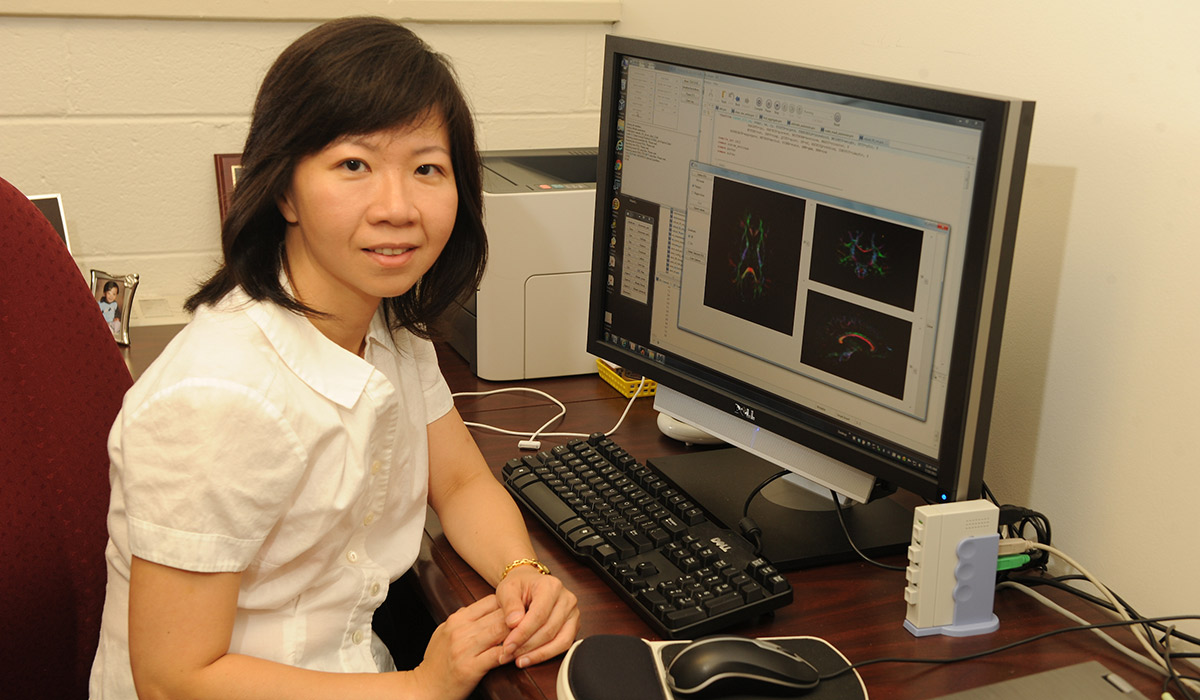

Computer, mathematical, and technology occupations are projected to be among the fastest growing between now and 2028. Despite this demand, women currently make up just 24 percent of the STEM (Science, Technology, Engineering and Mathematics) workforce, according to the U.S. Bureau of Labor.
Promise of a change can be found at The Catholic University of America, however, where the School of Engineering has raised student interest in STEM careers and is helping close the gender gap. Currently, 35 percent of undergraduate computer science students are women, nearly twice the national average (18%). The school's master's and doctoral programs host on average 36 percent women.
“I went to Cardinal Preview Day and saw a female student in computer science. It just all clicked that I wanted to be just like her when she talked about her Research Day projects and microprocessing classes,” says Mina Larraquel, now a senior computer science major with a minor in theology.
A 2018 study by Microsoft found that when girls and young women have exposure to STEM and female role models in the field, they are more likely to feel empowered to engage in STEM activities.
“Our world as a whole is in need of more scientists and engineers. We need to find ways to encourage girls and young women to major in STEM,” says Lin-Ching Chang, a female professor of electrical engineering and computer science. “Students don’t care about how much you know until they know how much you care about and support them.”
Sophomore Teresa Martinez says she is interested in pursuing opportunities in STEM because of the challenge of problem-solving and the wide variety of career options.
“Computer science is something I had never done before,” Martinez says. “I like tackling problems head on and being able to solve them. The most satisfying part when you create a program is when it actually runs and works the way it is supposed to.”
Studies have shown that girls who participate in STEM clubs and activities outside of school are more likely to pursue STEM subjects later in their education, which is why the School of Engineering organizes summer camps and competitions to expose local high schoolers to the field. CatholicU students also have created a number of study, support, and networking organizations to support each other in their programs.
Larraquel founded Upsilon Pi Epsilon, the University’s first computer science honor society, in 2019. She also helped to revive the University chapter of the Association of Computing Machinery (ACM), an international society for computing, in 2017.
“I wanted to have an organization where everyone can interact with different grades, share experiences, and form life-lasting bonds that can help support us through this major,” says Larraquel. “Our entire executive board [of ACM] is female, which really shines a light on how the major is becoming more diverse.”
—Gabrielle Obusek, Media Relations Specialist. Obusek can be reached at obusek@cua.edu.